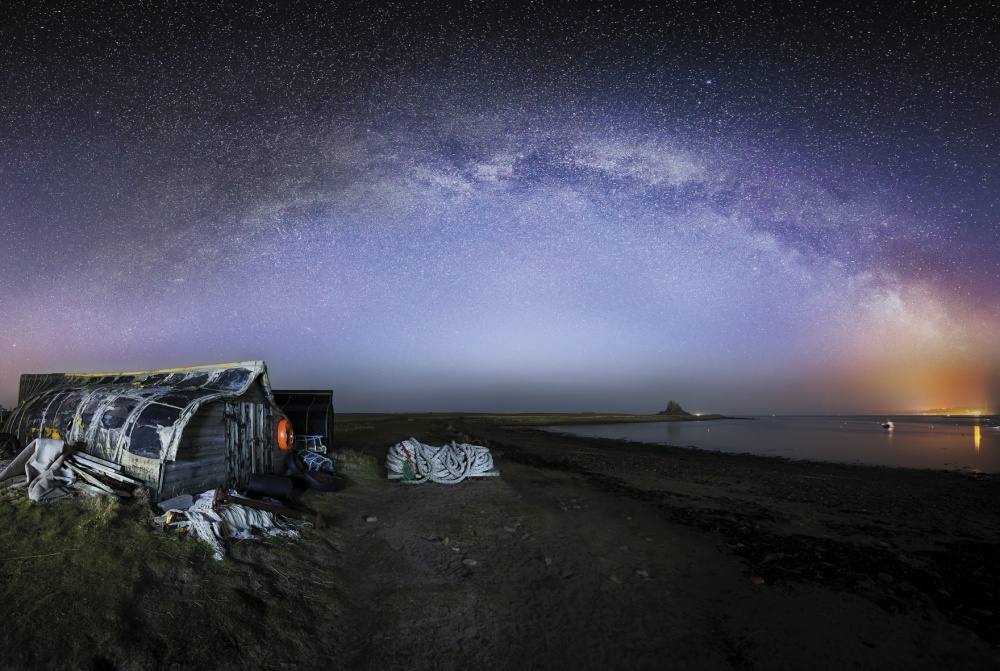Seeing Stars

The night skies in August provide marvellous opportunities for summer stargazers
Astronomers are getting excited about 12th August. Look to the skies on this night and you'll see the Perseid Meteor Shower, regarded as the one of the best annual meteor displays. To catch sight of it, find the Cassiopeia constellation (the big W pattern of stars) because that's the area from which the Perseids will radiate out from. Look for the bright white trails of light as they flash across the sky – but you have to be quick because they're only visible for a second or two!
'Wherever you are, there won't be a moon there to brighten the skies so we're expecting an amazing display this year,' says Paul Campbell, Chairman and one of the founding members of Wakefield Astronomical Society. 'We'll see a lot of meteors as long as the clouds stay away.'
Wakefield Astronomical Society started out as a small group of friends who would go stargazing together. 'Astronomy can be a bit lonely if you’re going out on your own at night time,' explains Paul, who's also a science and astronomy teacher, so the society meet up at Horbury Academy on the third Thursday of every month.
One of Paul’s favourite sites is Winscar Reservoir in the Peak District as it's away from main roads, meaning less light pollution. His advice for any stargazer is to get as far away as possible from light – and this is where it gets quite scientific. It takes about 20–30 minutes for your eyes to adapt to the dark, and for your pupils to enlarge to allow more light into your eye, meaning you’ll be able to see more in the night skies.
It doesn't have to be technical though. Paul says you don’t need any equipment: it's all about getting out there and using your eyes, but if you're after binoculars, a simple pair of astronomical binoculars are the best and won't set you back by more than £30-40. If you want to splash out a bit more, get yourself a basic telescope.
'I'm a bit greedy when it comes to equipment! I have eight different telescopes and a couple of different pairs of binoculars,' Paul laughs. 'I know you can only use one at a time, but I'll use whatever's handy! I even use my camera for astrophotography – I'll stick it on a tripod and set it for long exposure. Not only can you catch stars, small clusters of stars and the planets, you can even catch various satellites going through the sky.'
There’s so much in space to capture the imagination, and this is what fascinates astronomers. For Paul it's the vastness of the universe, the fact that we don't know what's out there, and the unknown that makes astronomy his passion.




